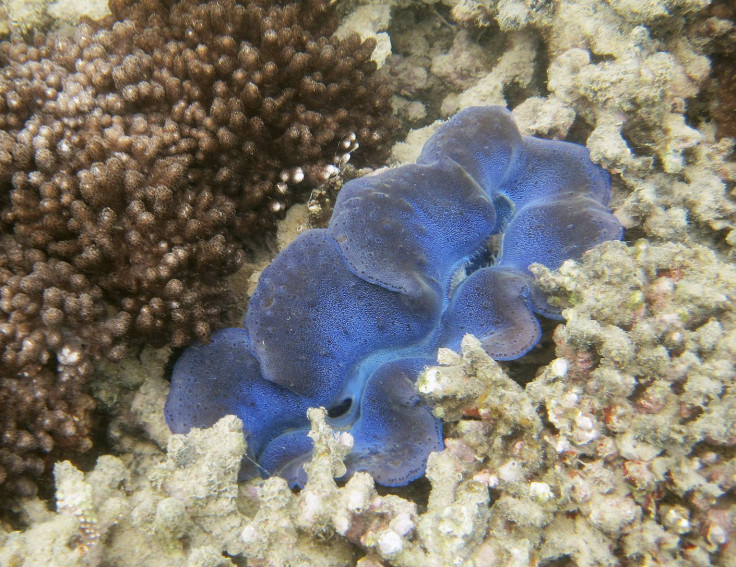UNESCO Recommends Great Barrier Reef Out Of 'In Danger' List; Could Be A Sweet Wake Up Call For Authorities

The United Nations conservation agency UNESCO has reportedly suggested that the Great Barrier Reef – located off the coast of Queensland shall not be placed on the World Heritage "in danger" list until further notice.
Meanwhile, UNESCO has mentioned its concerns about the deteriorating condition of the reef and recommended an progress in its status; else the area could be “in danger” list in future.
UNESCO recognises the reef site precisely because it houses the world's largest collection of coral reefs, along with 1,500 species of fish and 4,000 varieties of molluscs. Unfortunately, it has lost at least 50 percent of its coral in the past 30 years.
Though the decision is still in its draft stage, it is still a remarkable reprieve for both Queensland and Federal governments, considering the listing could have affected their tourism industry. After all, the region contributes AU $6 billion (US $4.6 billion) a year towards the Australian economy.
A Time For Action, Not Celebration
The 21 nations on UNESCO's World Heritage Committee will decide Great Barrier Reef's fate at its 39th session in Germany next month. "It is recommended that the World Heritage Committee request that [Australia] submit an update on [the progress of the Long Term Sustainability Plan] progress for review by the World Heritage Centre and IUCN and that if the anticipated progress is not being made this should also be reviewed by the Committee at its session in 2017," a part of the draft decision reads.
A Decision That’s Good For Australia
Federal Environment Minister Greg Hunt appreciated the decision, said it recognised the effort put in both by the Federal and Queensland governments, to protect the reef. Great Barrier Reef -- the world largest marine park that entertains about two million tourist a year, is under danger primarily due to excessive urbanisation, pollution and climate change.
Mr. Hunt highlighted that the investment towards the protection of the reef have been added up to AU $2 billion in the next 20 years.
To report problems or to leave feedback about this article, e-mail: barsha23@gmail.com.





















